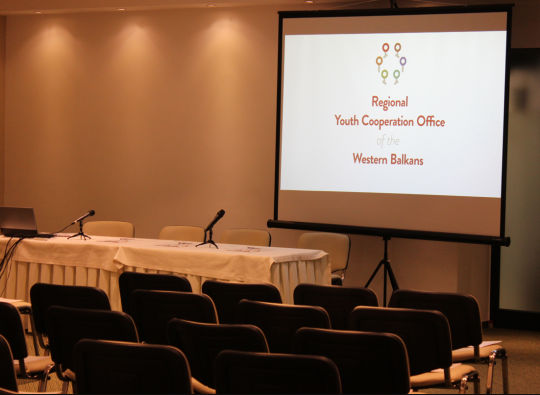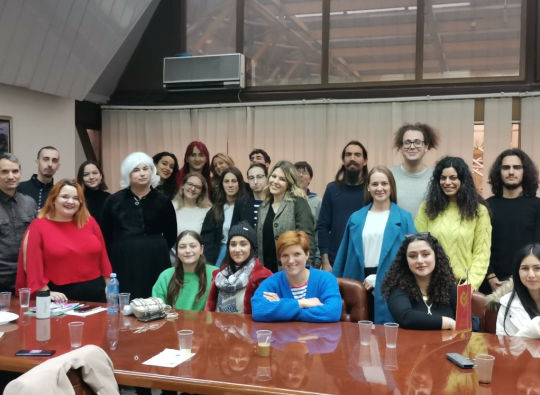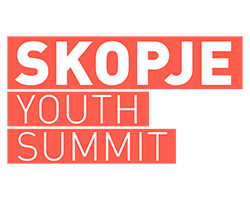Negotiations cannot succeed if they are led against someone.
Over the past years, negotiations with Kosovo have always been presented as a battle that needs to be won. This has been reflected in every address by Serbian politicians, led by President Vučić. Such an approach is not a viable one for negotiations to succeed, and can only serve to benefit internal politics. The end of election campaigns and an absolute majority of two thirds of SNS representation in the Parliament must mark the beginning of a new phase in Kosovo-related politics, one that will be dedicated to reaching an agreement on lasting peace in the region. There is no space or excuses left to cater to nationalist public opinion.
The responsibility and task of President Vučić lies not only in signing a binding agreement with Kosovo, far from the public eye, in Washington D.C, Brussels or Paris. It is imperative that Serbian society understands, accepts and respects any agreement to be made – that is the only guarantee for lasting peace. The citizens of Serbia deserve to stop being subjected to toxicity in the media and to incitement of hatred towards Kosovan Albanians, their leaders and the Western countries which are constructively participating in the dialogue.
At the core of reconciliation between peoples lies trust, and it simply cannot be achieved without trust on part of the two negotiating sides. For as long as we keep denying the crimes committed in Kosovo and celebrating the generals who hold accountability as commanders for those crimes, we cannot expect an olive branch from the other side. Likewise, the Serbian community in Kosovo cannot believe in a successful mutliethnic state when Serbian civilian victims are neglected and forgotten, when even that minute effort of immense importance – translation important notices and documents into the Serbian language – is not made. It is the political, media and other elites who have been building that dynamic of distrust for decades, both through their deeds and their lack of action – but mostly through outright propaganda.
The past cannot be altered, but our approach to the past shapes our future. If we show shame and regret for the darkest episodes of our history, we will have a chance of a future where trust and collaboration are honest, successful and lasting.
The Youth Initiative for Human Rights strongly supports the intensified role of the EU in Serbia-Kosovo negotiations. The role of facilitator has proven to be ineffective in the past years; the EU needs to be the motivator and driving force for the achievement of an agreement based on European values – peace, democracy and human rights, and a concept of civil society, not nation states. What instills hope is this – the signs that the EU will finally assume a larger role in negotiations, and that it will not deem something as basic as leaders sitting at the same table a success.
Photo: kremlin.ru









